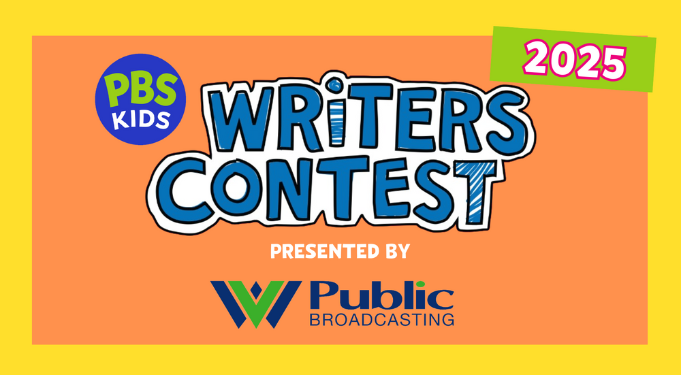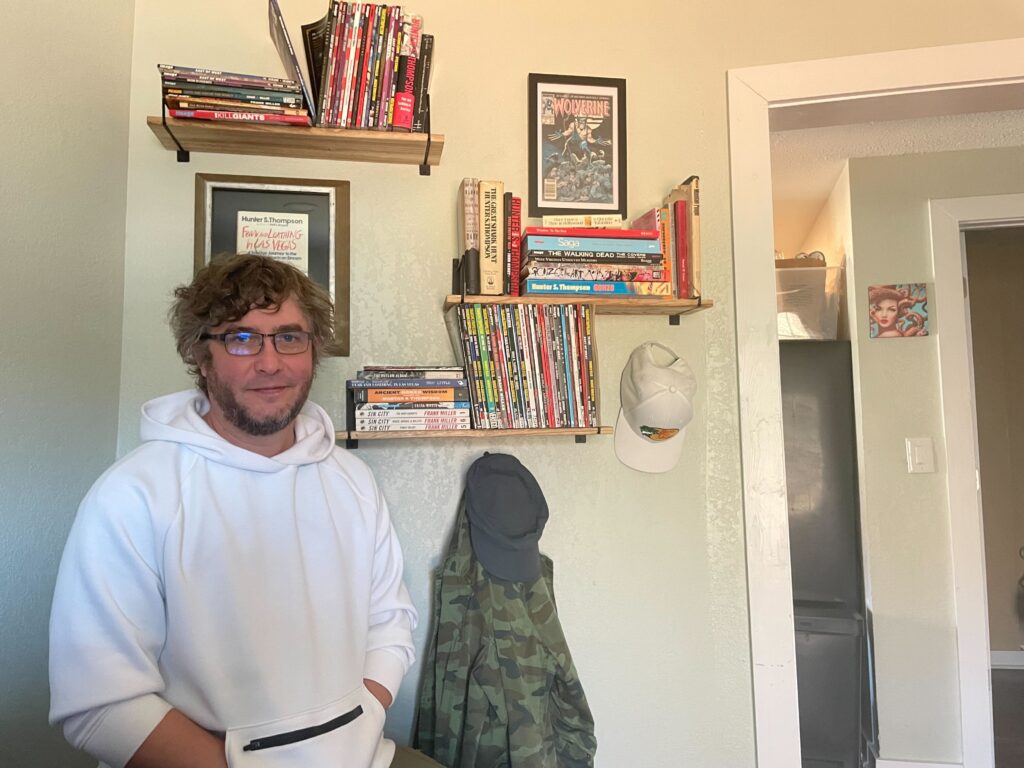JC Lasek’s latest play is about a West Virginia family in the 1980s as they struggle with the ups and downs of the economy at the time. The play also mirrors popular shows at the time, and pushes to exemplify contemporary West Virginia.
It is showing through Nov. 12 at the Raleigh Theatre in Beckley.
Briana Heaney sat down with the native West Virginian and playwright to talk about the show.
The transcript has been lightly edited for clarity.
Heaney: Tell me about this play, and give our listeners a short preview.
Lacek: So this is my third full length play. It’s been produced here in West Virginia. My previous two were Abomination On Bolt Mountain and Frack the musical. So this new play is kind of a lighthearted comedy. It’s set in the ‘80s, kind of in the period where West Virginia still voted staunchly pretty much as Democrats. It’s not a political play, but it is kind of playing in that sandbox of a bit of a different reality that most people would see the state as today.
The story follows the Callaghan family, as they struggle with the ups and downs of the economy at the time – the coal strikes. As a structure, you know, kind of a traditional family drama, but the majority of the story takes place in their household and like, every time they watch their TV, the audience can see what’s on the TV. And so it’s kind of hovering above the stage facing the audience.
One thing I wanted to do with this is not fabricate some wild drama that had to unfold on stage. Instead, I wanted to just kind of explore what day-to-day life is like with these people. And just show people that there doesn’t need to be some sort of grandiose plot developments for the stories to be interesting. People’s lives are just interesting.
Heaney: It sounds like you’re putting the characters or the people above the plot or the narrative.
Lacek: Yeah. I mean, it’s like, there’s no real one, what you would call a protagonist, you know? It’s like each character’s arc, each person gets their chance to shine throughout the story. Again, like I was saying, there’s nothing grandiose that happens, it’s very much kind of like slice of life.
Heaney: A lot of times in West Virginia, there is this very strong narrative. And I noticed in your play that you said that the narrative is not that important. It really comes down to the people. Was that style of writing at all a comment on West Virginia and the way people view West Virginia?
Lacek: Yeah, you know, definitely in a way. People in West Virginia, whenever they’re ever portrayed in film or TV, it’s rarely in a good light. It was important to me, that, for the good or bad, that the people that come to see this, that they feel seen in their lives.
I mean, I’ve lived all over the world. And I’ve never been to a place where the narrative of being a West Virginian is worn on people’s chest, I mean, just like a shield around here.
I have never been to any place like that. It’s really beautiful. But it’s a rare thing to have people just have so much pride, and that’s why that’s actually one of the reasons why I wanted to call it “A West Virginia Story.” Is just to be like, this is just what this is, it is reflective of the beauty in the details or the devil in the details of what makes the simple things of life here just really special.
Heaney: Why did you decide to name it “A West Virginia Story?”
Lacek: Basically, the people from here, they love being in West Virginia. So, I wanted them to love the story. And I wanted it to feel like it’s theirs.
Heaney: Are there parts of your life here in West Virginia that you wove into this storyline?
Lacek: It’s more true than not in ways. Definitely the characters on stage are not based on my family, they’re more inspired by them. I work as a comic book writer and I do screenwriting as well. So it’s like, I know what I’m looking for in the narrative that I want to structure. It was kind of like this interesting practice to look back at mine and my family’s life and kind of cherry pick what was going to be used as fact and, and what I was going to use as fiction.
Heaney: I see that you’ve got some Hunter S. Thompson, and some Quentin Tarantino books on your shelves. Is there any writing style that especially informed this play?
Lacek: Just in general, I think that a journalistic point of view, just in this kind of narrative writing process, is something that I put a lot of attention to. I actually worked as a journalist for a while before I got into writing fiction. Primarily, I’m a big fan of ’80s comedies. And I like a journalistic approach to storytelling. So I would say that both of those are pretty kind of interwoven.
Heaney: Does this play exemplify a certain region of the state or the state as a whole? And how so?
Lacek: I would say because of the heavy coal strike content and the coal mining aspect of the family, I would say the southern part of the state mostly. I mean, West Virginia does kind of have like, it’s two parts, you know. So I would say it is like here, in kind-of the peak of the mountains region of the state.
Heaney: What inspired you to write this story?
Lacek: This was a product of the pandemic, you know, in the, like real peak of the pandemic, not knowing what the future was going to hold. I realized that this was kind of like a love letter to West Virginia and my family. As I was saying, I was coming back to spend time with them. And I thought, what better way to kind of be able to share this thing with our whole community.
Heaney: What are some key takeaways from this play?
Lacek: Whoever came to this, I wanted there to be somebody on stage that they’re like, “oh that’s the ‘me’ character.” So I was very careful not to add too many specifics. The dad’s a coal miner. We don’t know exactly what he does at the coal mine. The mom works at the hospital. That’s all we know. One of the kids is a star football player, we never hear exactly what he does on the team, you know. I wanted to keep all those things as broad as possible. So people could come there, implant themselves over the story, and walk away from it being like, “That was my West Virginia story!”




















